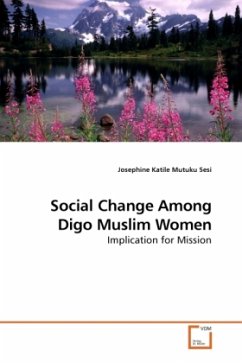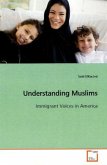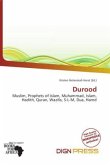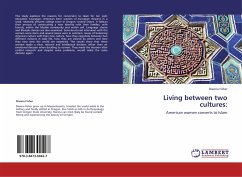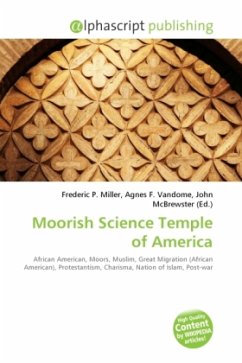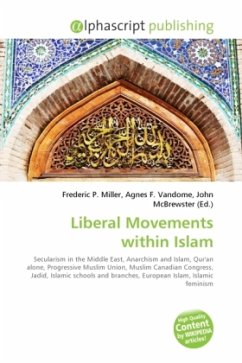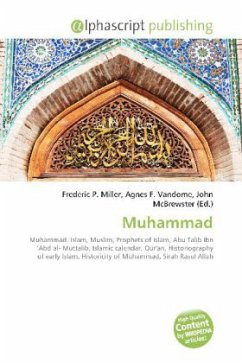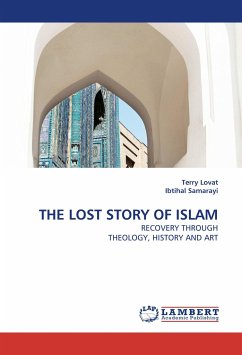This book traces social changes among Digo women from the primal period to the contemporary society in Kenya. It show that in primal Digo society women were active participants in the society. Women held high social, political, economic, and religious positions and owned wealth through the matrilineal inheritance practice. Islam changed that by introducing a patrilineal kinship system denying women the chance to participate in leadership. The roles of a woman were changed and her place in the public square was taken away. Her social-economic level was lowered to a dependant. British colonialism domesticated Digo women through bureaucratic rules and practices which denied them documents such as the kipande identity cards that allowed people to work in the new economic system. In addition Digo women were ruralized by being moved from their own land to African reserves , while the Digo men were allowed to travel from the reserves to find work in the farms of the colonial settlersor in urban settlements. Thus the British unwittingly further subordinated the social position of Digo women.
Bitte wählen Sie Ihr Anliegen aus.
Rechnungen
Retourenschein anfordern
Bestellstatus
Storno

